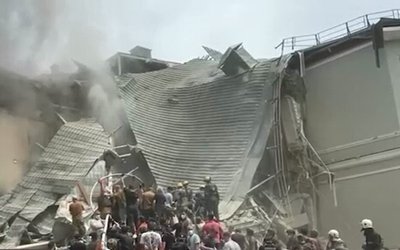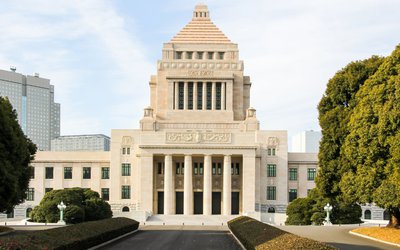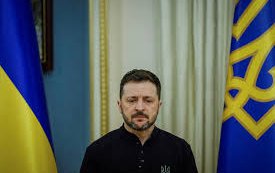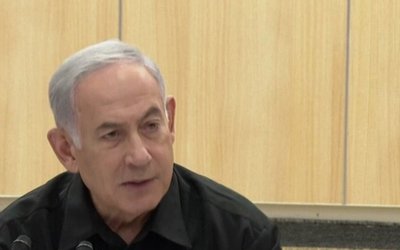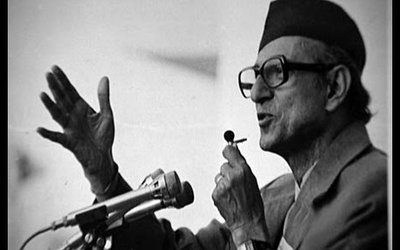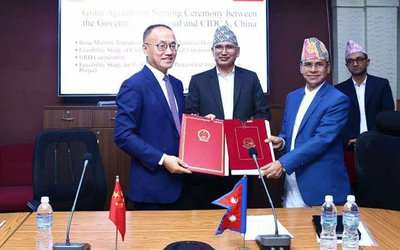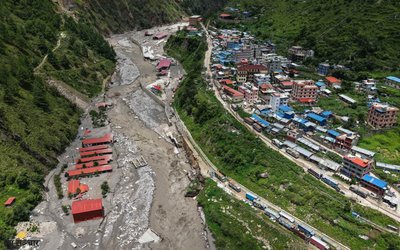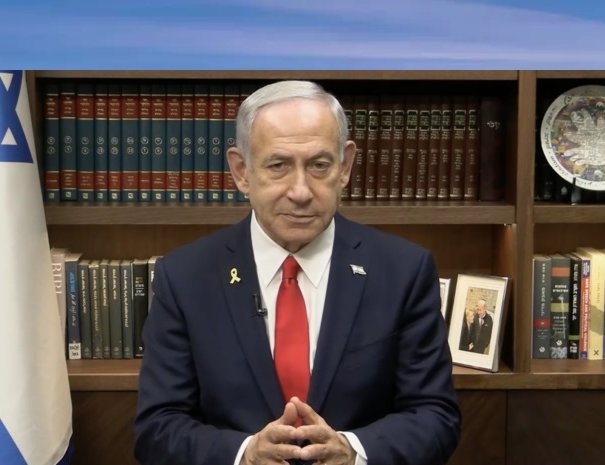
In pre-recorded press conference, premier says he expects campaign in Iran to help Israel achieve goals in Gaza; predicts it will ultimately lead to expansion of Abraham Accords
Israel is very close to achieving its goals in Iran, Prime Minister Benjamin Netanyahu said on Sunday, having inflicted significant damage both to its ballistic missile program and its nuclear facilities.
He promised not to let Israel be dragged into a “war of attrition” with the Islamic Republic, but stressed that this did not mean he would be prepared to end the campaign before all its objectives had been met.
The prime minister was speaking to reporters in a pre-recorded press conference on Sunday evening, following the US strikes on Iran’s key nuclear facilities the night before.
He said that the US had inflicted “very serious damage” on Iran’s hard-to-reach Fordo nuclear site, but declined to go into detail about the extent of the damage.
“We are sending them back, we are removing the threat,” he said of Iran’s nuclear program.
“We won’t pursue our actions beyond what is needed to achieve [the goals], but we also won’t finish too soon,” Netanyahu said, vowing to avoid entering a war of attrition. “When the objectives are achieved, then the operation is complete and the fighting will stop,” he told Israeli reporters.
“I have no doubt that this is a regime that wants to wipe us out, and that’s why we embarked on this operation to eliminate the two concrete threats to our existence: the nuclear threat and the ballistic missile threat. We are moving step by step towards achieving these goals. We are very, very close to completing them,” he said.
Asked about the whereabouts of Iran’s 400 kilograms of 60-percent enriched uranium, Netanyahu claimed that Israel has “interesting intel” pertaining to the issue, but declined to go into detail.
We’ve been following that very closely. I can tell you that it’s an important component of a nuclear program,” he said. “It’s not the sole component. It’s not a sufficient component. But it is an important component and we have interesting intel on that, which you will excuse me if I don’t share with you,” he said.
At least until Israel launched its opening strikes against Iran’s nuclear program on June 13, the Islamic Republic had been refining uranium to up to 60% purity, a short step from the roughly 90% that is bomb-grade and far higher than the 3.67% cap imposed by a 2015 nuclear deal, which Trump pulled out of in 2018. It is the only non-nuclear weapon state to enrich uranium to that degree, which has no civilian use.
Regarding the timing of Israel’s campaign against Iran’s nuclear facilities, Netanyahu said Israel “had to act” because Tehran was rushing toward nuclear weaponization after the killing of Hezbollah leader Hassan Nasrallah in September 2024.
Hezbollah, once Tehran’s strongest proxy, was severely weakened by Israel over more than a year of conflict, including several months of all-out war in southern Lebanon, after the Lebanese terror group began attacking communities and army posts on Israel’s northern border in the immediate aftermath of the October 7, 2023, Hamas terror onslaught in southern Israel.
Netanyahu also cited Iran’s plans to build 300 ballistic missiles per month as a deciding factor in launching the campaign at this time. He said more than half the ballistic missile launchers in the Islamic Republic had been taken out in the past 10 days.
Visions of a bright future
Looking beyond Gaza, Netanyahu said he believed the operation in Iran would also lead to an expansion of the Abraham Accords, a series of normalization deals between Israel and Arab countries that were brokered during Trump’s previous term.
“Extraordinary opportunities are being opened up here,” he said, and reiterated that Israel’s show of strength “is opening up opportunities that we can’t even imagine.”
“I can imagine a massive expansion of the peace agreements,” he continued. “I can see collaborations that might seem fantastical right now, but maybe you understand they’re not fantastical.”
- Russia launches heavy strikes on Ukraine
- Jul 22, 2025
- Russia gives positive response to Ukrainian proposal for new round of talks
- Jul 21, 2025
- Rights group: Sectarian clashes in southern Syria leave over 1000 dead
- Jul 21, 2025
- Japan votes in Upper House election
- Jul 20, 2025
- Israeli PM Netanyahu lays down red lines for Syria
- Jul 18, 2025
